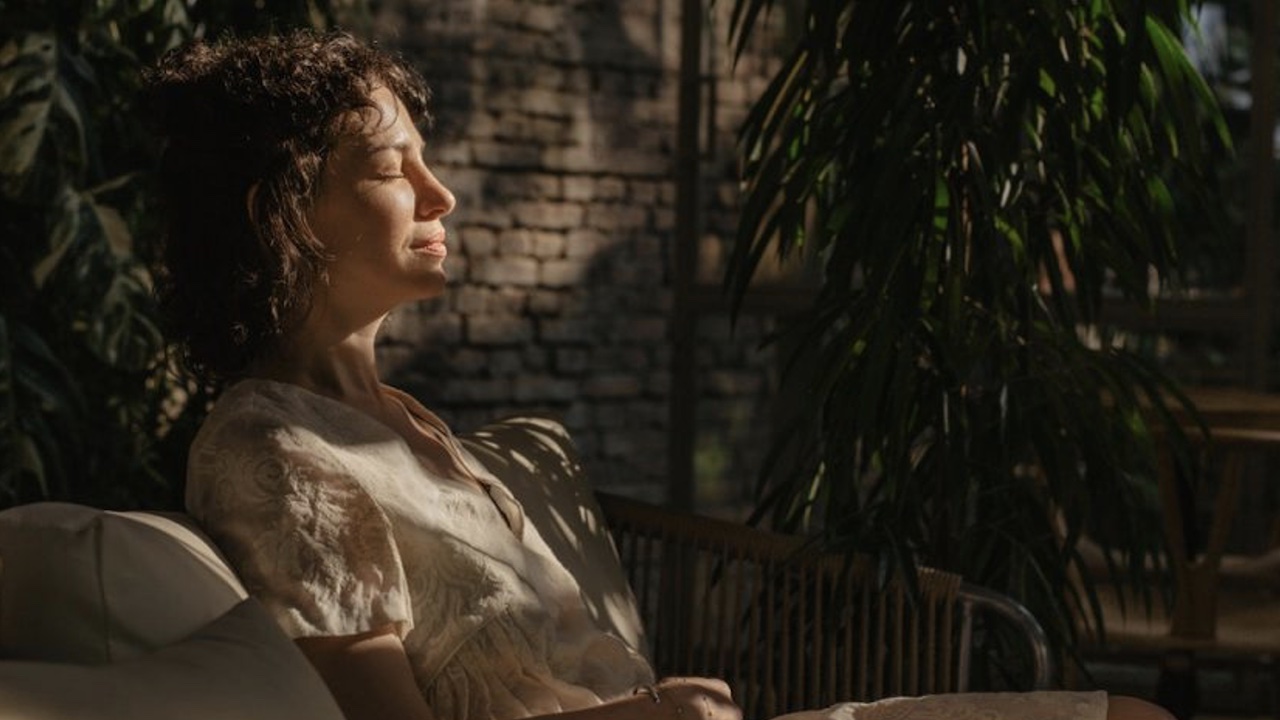What her daughter needs—a solid residential treatment program for women—should not be so hard to find. Unfortunately, such programs often are. We sorted through some of the options in the state where this Allies in Recovery member lives, so she can focus her search on a program most likely to help the daughter continue to improve. The family can also keep doing CRAFT to help support the relationship with their daughter in recovery, and to take care of themselves in the process. Staying in touch with Allies staff can also help support them.
[This question originally appeared on the “Pose a Question” blog for Allies in Recovery members.]
“Hello again. My daughter continues her journey with drug court and a methadone treatment program. Last week, her counselor suggested residential treatment, and for the first time, my daughter is receptive to the idea. She is 34 years old, so not on my insurance plan. I cannot afford to pay out of pocket, but she has Medicaid through the state of Arizona (it’s called AHCCCS or “Access” here). She’s on her own as far as finding a facility covered by her plan. She was given a short list of resources, but it wasn’t very helpful—many of the places listed are only for men. Do you have any pointers for finding a complete list of residential treatment options covered by Medicaid? I’ve done a lot of searching online, but have only come up with a few phone numbers for my daughter. While I know this is ultimately her responsibility, I want to be supportive.
Thank you in advance for any ideas you can share.”
Great question! As you have discovered, finding a quality residential treatment program for women without children, that will also accept your state’s Medicaid, can be a challenge.
Historically, for a variety of reasons, residential treatment programs have largely catered to men. Thus, most addiction treatment programs designate fewer female beds per unit than male. This presents a challenge for women seeking help. Over the years, recovery advocates have pushed for greater access to safe, sober, housing for women. We would like to believe things are changing for the better.
Among the many obstacles women face when considering a long-term residential program are family and childcare obligations. These alone can make leaving home for an extended time—to say nothing of time away from work—next to impossible. It stands to reason that many women who would greatly benefit from the structure of a residential program simply cannot go.
Finding the best fit: A unit for women Only? Or maybe a ¾ house?
It would also be best if the program your daughter ultimately chooses has a unit for women only. This can eliminate distractions and the potential to form romantic relationships during this very vulnerable time.
Having said all that, I have located a few residential programs in Arizona that will accept certain AHCCCS Medicaid Health Plans—see the links below. Depending on where your daughter lives and her ability to travel, she may qualify for one of these programs. It’s worth looking into.
https://purposehealingcenter.com
https://www.americasrehabcampuses.com/
https://arizonaaddictioncenter.org/
You can also try Arizona’s site for AHCCCS-supported recovery options:
If you run into obstacles with these programs (long waitlists, for example), you may want to consider a ¾ house instead. These are recovery living homes that have less structure than a traditional residential treatment program. Often ¾ houses provide some level of recovery support, such as in-house mutual-aid meetings, counseling, and/or case management services. Many will accept cash assistance benefits through the county of residence if your daughter is eligible.
Look for a program covered by insurance or within budget, and a working model of recovery (sober) living
The ideal situation would be a residential program for women covered by her insurance or within her budget. Such a program should be a working model of recovery living (formerly the word “sober living” was used, but the word sober has some stigma attached and is no longer commonly used) and a system whereby residents are accountable for maintaining a drug free environment. You can learn more about this in our recent blog post, and here’s a piece by a Canadian organization about the Social Model for recovery.
A recovery coach or peer advocate can help
I also recommend that you find a recovery coach or peer advocate in your area. This can be your best bet when it comes to finding resources in the community. These folks are trained professionals and often have lived experience. They know the lay of the land when it comes to treatment, services, and available resources. Most addiction treatment facilities have peer advocates on staff or can refer you to someone who can help.
Focus on the positive, and take care of yourself, too
It’s a really good sign that your daughter is open to this next level of treatment, and it’s important for you to be supportive of her wishes. Reaching out to us for guidance was a great step. It is possible that your daughter may find a recovery home that offers a work incentive in return for room and board. I would suggest helping in any way you can, but only if it doesn’t present a problem for you. Perhaps you can offer to watch her children or look after her pet(s). You might even consider covering the cost of a couple of months in a ¾ house if necessary.
Encouraging a loved one to accept any level of treatment, particularly in a long-term residential program, simply works better if you’re able to remove any barriers they may encounter.
Your daughter is actually doing really well. She is stable on methadone, focused on addressing her criminal justice issues, fortunate enough to be in a program dedicated to addressing addiction, and open to additional treatment. So lean in on being supportive, and help her find those available resources. We’re encouraged by your daughter’s success and yours as well. She is so lucky to have you at her side.
Keep learning about treatment on the Allies in Recovery site, and reach out to us
In our Allies in Recovery eLearning Module 8 (for members – sign up today), you’ll find further guidance for choosing a treatment program.
At Allies in Recovery, our focus is on teaching families the CRAFT approach to managing the situation when a loved one has Substance Use Disorder. CRAFT (Community Reinforcement and Family Training) helps you understand SUDs, and teaches you how to interact with your loved one to help move them toward recovery. CRAFT also helps you lower your stress levels as your relationship with the loved one improves. At Allies, we also help you understand the world of treatment, and when needed, we can help you navigate it.
Don’t hesitate to reach out to us again as you work through this. You can write to our “Pose a Question” blog again, and we also now have weekly virtual “office hours” you can sign up for; and we do have some staff support for helping tailor a treatment approach for your loved one.



